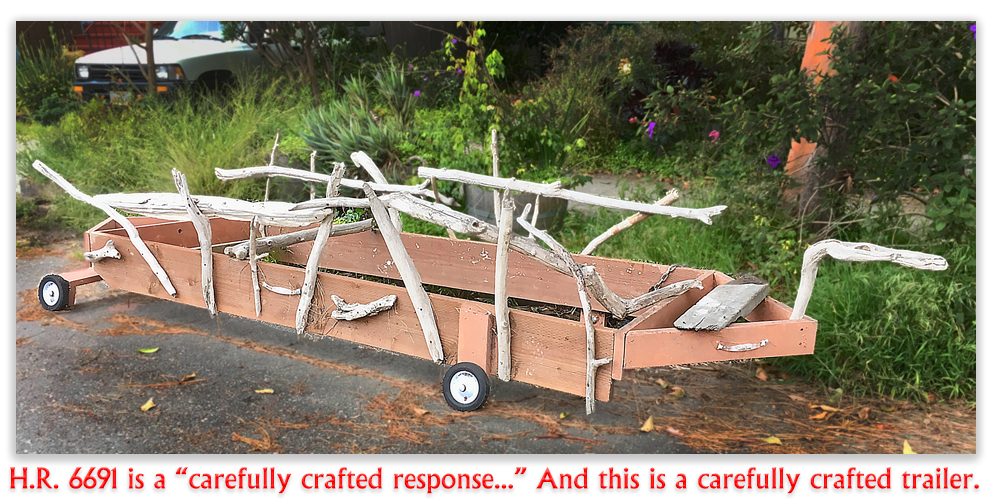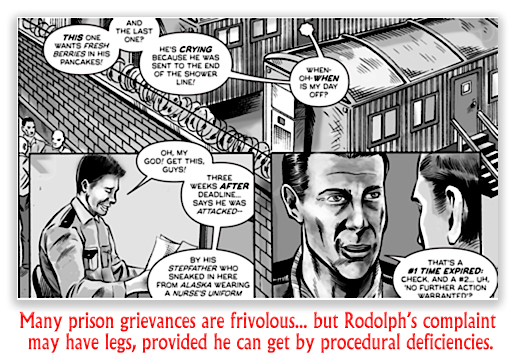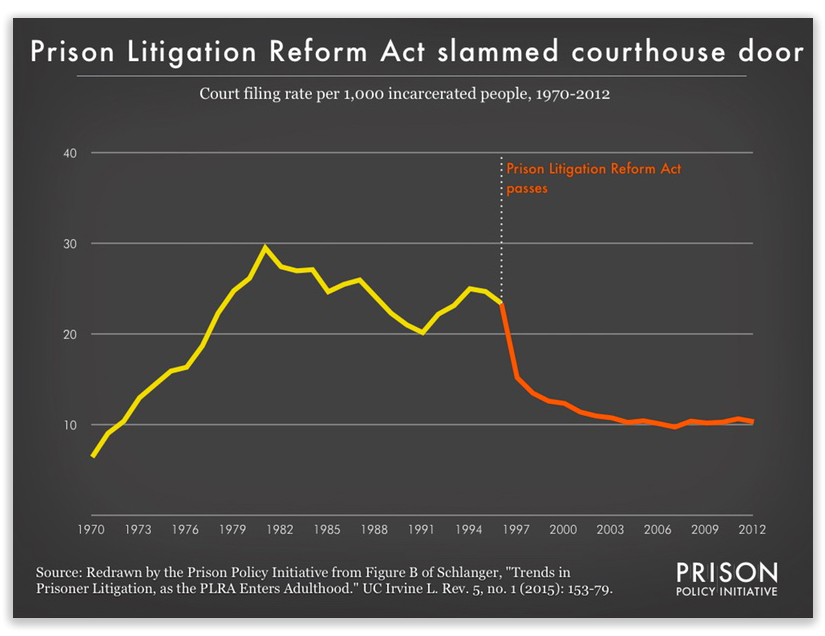We post news and comment on federal criminal justice issues, focused primarily on trial and post-conviction matters, legislative initiatives, and sentencing issues.

WHITE HOUSE TRYING TO BRING ORDER TO CHAOTIC CLEMENCY PROCESS
Since President Trump granted executive clemency to former federal inmate Alice Johnson, thousands of federal inmates have been trying to get their clemency petitions in front of President Trump through celebrities, sports figures, elected officials and raw appeals to his better nature.
 After the Johnson pardon, Trump himself put out a sort of cattle call for clemency applications – even inviting professional football players to send him names rather than protest the criminal justice system by kneeling during the national anthem. But, with the White House meeting two weeks ago, the White House has started an attempt to instill some discipline to the process as part of what Trump reportedly hopes will become a signature piece of his efforts at criminal justice reform.
After the Johnson pardon, Trump himself put out a sort of cattle call for clemency applications – even inviting professional football players to send him names rather than protest the criminal justice system by kneeling during the national anthem. But, with the White House meeting two weeks ago, the White House has started an attempt to instill some discipline to the process as part of what Trump reportedly hopes will become a signature piece of his efforts at criminal justice reform.
“We were very critical of the process as it stands,” said attendee Brittany Barnett, a Dallas lawyer who heads pro-clemency Buried Alive Project. “We definitely can’t keep doing these one-offs and it can’t just be celebrity endorsements.”
Law professors Rachel Barkow and Mark Osler told the meeting the president should abolish the Dept. of Justice Office of the Pardon Attorney. Obama relied on that office to process more than 20,000 applications through his clemency initiative, ultimately cutting sentences for 1,715 people but leaving town with a record 11,355 petitions pending.
Clemency experts say bureaucracy and poor planning stifled the program’s ability to free many more. Out of 13,000 people denied between 2014 and 2017, thousands appeared to be worthy candidates—at least on paper, according to a 2017 analysis by the U.S. Sentencing Commission.
The independent analysis found that more than 2,500 of the inmates who were denied appeared to meet all of the guidelines for the types of cases the DOJ claimed to prioritize. The guidelines were supposed to prioritize nonviolent, low-level offenders who served at least ten years in prison, did not have significant criminal history, demonstrated good conduct in prison, and had no history of violence.
 But in fact, the Commission found, only 3% of drug offenders who appeared to meet all of the DOJ’s criteria actually received clemency. Conversely, only 5%of the people who did receive clemency appeared to meet all of the criteria. Without much transparency in the review process, several critics now compare it to a “lottery system.”
But in fact, the Commission found, only 3% of drug offenders who appeared to meet all of the DOJ’s criteria actually received clemency. Conversely, only 5%of the people who did receive clemency appeared to meet all of the criteria. Without much transparency in the review process, several critics now compare it to a “lottery system.”
DOJ control of the clemency process comes with a built-in conflict of interest: The same officials who prosecute offenders decide whether those same people are worthy of presidential mercy. Justice “shouldn’t be the gatekeeper because that means the gate never opens for far too many deserving people,” Barkow said.
USA Today, Kardashian effect: Trump White House tries to tame a chaotic, celebrity-driven approach to pardons (Sept. 10, 2018)
Cannabis Wire, The Prisoners Left Behind (Sept. 7, 2018)
– Thomas L. Root




















